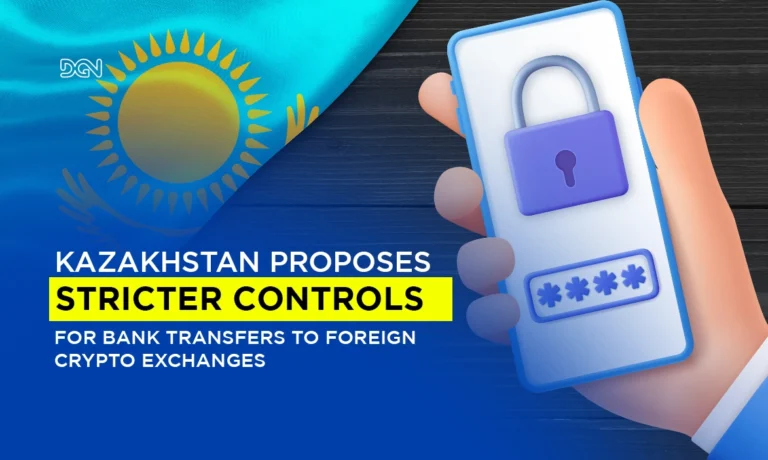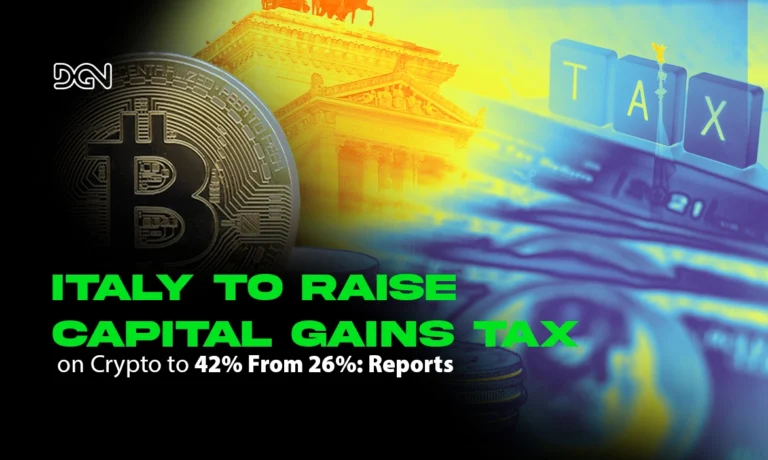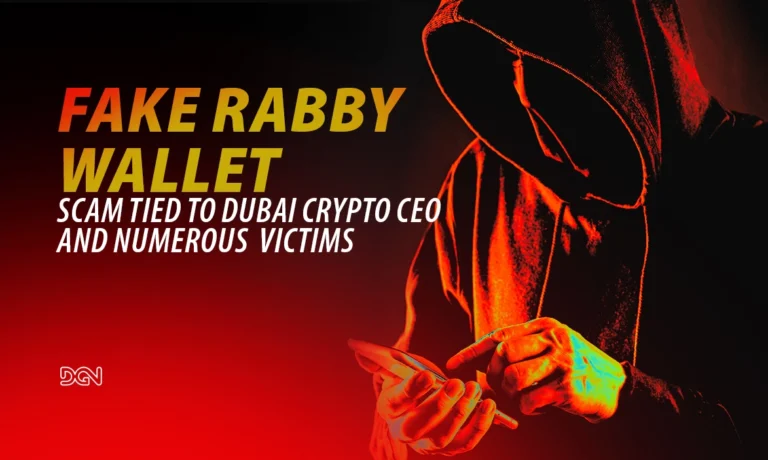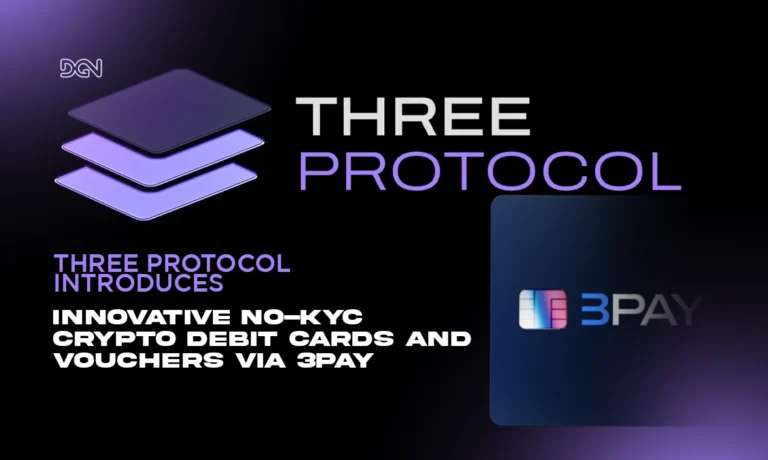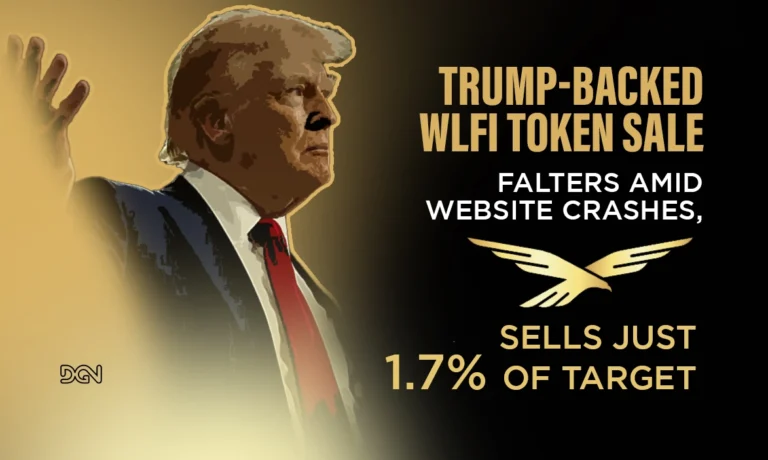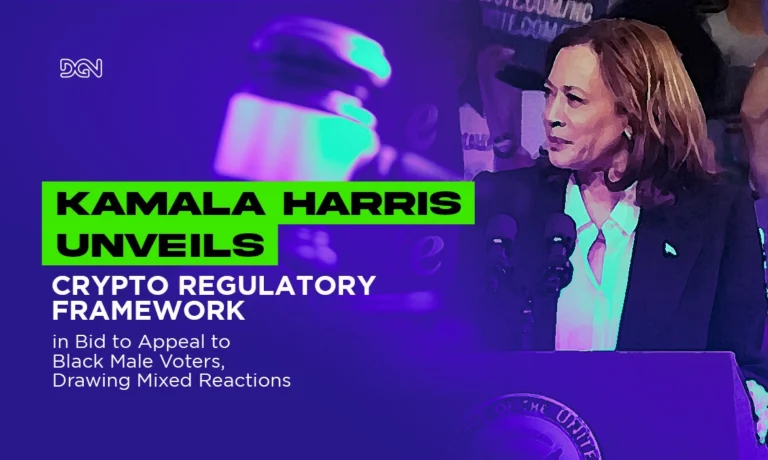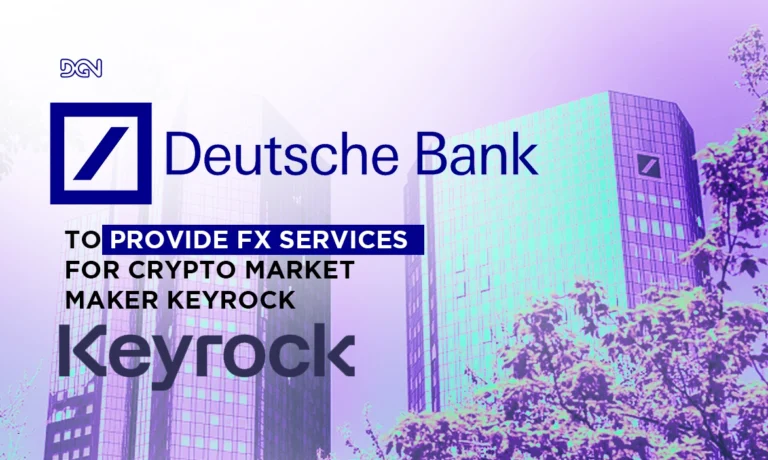Kazakhstan’s financial regulatory body is taking decisive steps to strengthen oversight of cryptocurrency transactions. The Agency of the Republic of Kazakhstan for Regulation and Development of Financial Market has proposed new measures that would require banks to automatically deny transfers to overseas crypto exchanges that lack registration with the country’s local financial center. This initiative reflects the government’s commitment to enhance the integrity of the financial system and mitigate risks associated with unregulated digital assets.
Proposed Restrictions on Foreign Transactions
According to a report from Russian state-run news outlet TASS, the proposed regulations will impose several key restrictions:
- Automatic Denial of Transfers: Banks will be required to refuse transactions to unregistered foreign crypto exchanges, a move aimed at curbing unauthorized trading activities that may pose risks to local investors.
- Transaction Limits: The draft legislation suggests a monthly limit of 100,000 tenge (approximately $205) for transfers related to unregistered crypto exchanges. This is designed to limit the potential for significant financial loss due to exposure to unreliable platforms.
- Enhanced Due Diligence: Banks will also be mandated to perform enhanced due diligence on transactions exceeding $1,000, even when dealing with registered exchanges. This measure seeks to ensure that all transactions comply with local regulations and safeguard consumer interests.
Also read: Telegram Removes Crypto Wallet in France Amid New Legal Issues and Pavel Durov’s Arrest
Broader Regulatory Framework for Crypto and Online Gambling

The new proposal also includes provisions aimed at regulating online gambling. The draft legislation seeks to restrict operators from accepting payments from individuals under the age of 21, reflecting a growing concern over responsible gambling practices.
Kazakhstan has established a regulatory framework that permits crypto exchanges to operate only within its financial center in Astana, where a favorable tax, currency, and visa regime exists. Currently, the country is home to 10 regulated crypto exchanges, including notable platforms such as Binance and Bybit.
Increased Scrutiny of Non-Licensed Exchanges
Kazakhstan’s government has recently intensified its efforts to clamp down on unlicensed crypto operations. In a notable move, authorities froze $1.2 million in cryptocurrency linked to nearly two dozen illegal over-the-counter platforms. This proactive approach underscores the government’s intention to create a secure and transparent environment for cryptocurrency trading.
In a significant regulatory action from December 2023, Kazakhstan imposed a ban on Coinbase, the largest cryptocurrency exchange in the United States, due to alleged violations of local crypto regulations. The Ministry of Information confirmed that access to Coinbase was restricted at the request of the Ministry of Digital Development, citing the exchange’s trading activities as a breach of Kazakhstan’s Law on Digital Assets. This law explicitly prohibits the issuance and circulation of uninsured digital assets and the operation of exchanges dealing in such assets.
A Step Toward Regulatory Clarity
Kazakhstan’s proposed restrictions on bank transfers to foreign crypto exchanges signify a robust effort to regulate the rapidly evolving cryptocurrency landscape. By imposing stringent controls and enhancing due diligence requirements, the government aims to safeguard consumers while fostering a compliant and secure crypto trading environment. As these proposals advance, the broader implications for both local and international crypto players will be closely monitored, setting a precedent for regulatory practices in the region.
